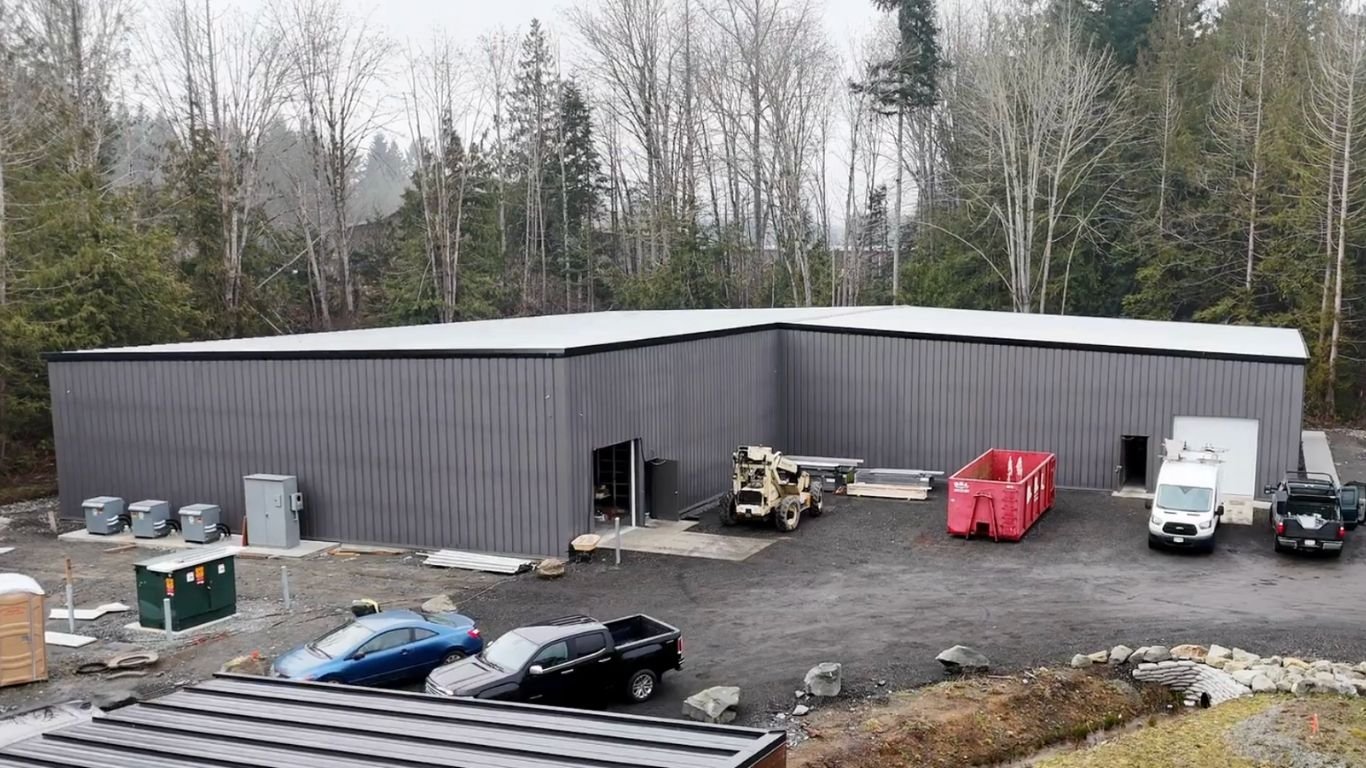For decades, cannabis use has been perceived as a risk in professional environments, threatening job security and career advancement. However, as legalization progresses and societal attitudes shift, a growing number of professionals are openly defying this stigma.
Felicia A.B. Reid, acting director of the New York State Office of Cannabis Management, exemplifies this shift. With a law degree and a role regulating a $1 billion industry, Reid also cultivates her own cannabis and enjoys its use as a means of relaxation after work. Despite her professional accomplishments, she faces the enduring stigma associated with cannabis. “In popular culture, cannabis users are often labeled as lazy or disengaged,” Reid explained. This outdated perception continues to hinder acceptance in many circles.
Reid shared her experiences of concealing her cannabis use during her tenure at the state Office of Children and Family Services, where being transparent about her habits could have jeopardized her professional image. Now, as the head of a cannabis regulatory agency, she is working to reshape the narrative surrounding cannabis.
Melissa Fogerty, a local influencer and co-owner of the lifestyle brand Pothead Parent, also advocates for a change in perception. Fogerty and her husband, a U.S. Marine Corps veteran, utilize cannabis for both therapeutic and recreational purposes. They initially turned to cannabis during challenging times, including a traumatic hospital visit for their newborn, finding that it helped them cope with stress.
The couple has chosen to abstain from alcohol, which they consider more harmful than cannabis. “The narrative that professionals don’t use cannabis is outdated and rooted in stigma,” Fogerty said. She has faced backlash from some parents who view her cannabis use negatively, but she has also received support from others who appreciate her honesty. Fogerty hopes to foster a community that encourages open discussions about responsible cannabis use among parents.
Tom Zielinski, a chemistry teacher and former chemist, also bridges his professional life with his cannabis interests. He co-owns High Tide, a cannabis dispensary, and sees no conflict with his teaching career. Zielinski believes that discussing cannabis openly can benefit the community, particularly as newer, higher-potency products enter the market. He emphasizes the importance of educating people about responsible use and keeping cannabis away from children.
Both Zielinski and Fogerty represent a broader movement of professionals who are confronting the long-standing stigma associated with cannabis. They advocate for responsible consumption and aim to reshape the narrative around cannabis use in their respective fields.
As more individuals come forward to share their cannabis stories, the professional landscape is slowly transforming. The acceptance of cannabis use is on the rise, although challenges remain. The experiences of these professionals highlight the need for continued dialogue and education to dismantle outdated stereotypes and support a more inclusive understanding of cannabis in society.




